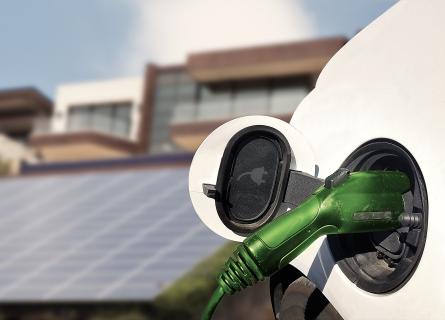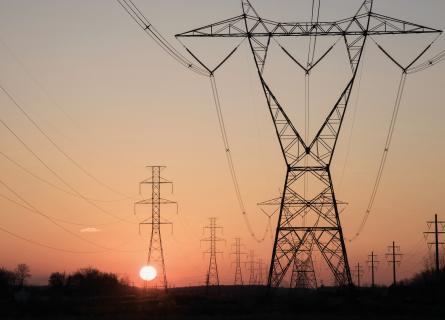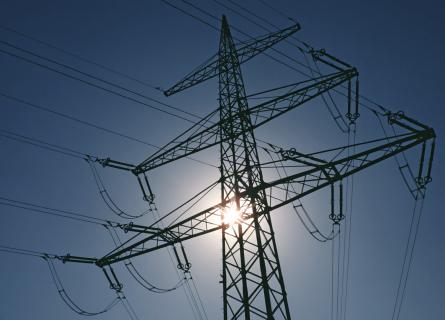
Delivering Low-cost Renewable Energy to Irish Homes and Businesses
The Irish Wind Energy Association (IWEA) has launched a new report from AFRY Management Consulting entitled Cheaper and Greener: How renewable energy will deliver low-cost power to Irish homes and businesses.
With the Renewable Energy Support Scheme (RESS) currently being developed in the Republic of Ireland, the report discusses the benefits that Contracts for Difference (CfD) supported renewables, e.g. the RESS, could bring to consumers in the Irish Single Electricity Market (SEM) and identifies some of the challenges facing the Irish Corporate Power Purchase Agreement (CPPA) market.
AFRY’s analysis shows that if the increase from 40% renewables in 2020 to 70% renewables in 2030 is procured from CfD-supported renewables at an average strike price of €60/MWh, there could be a net saving to the electricity consumer. Under the commodity price assumptions used in this analysis, this net saving would be approximately €2.5 billion. For Irish policy makers, contracting renewables at low strike prices under the RESS would therefore appear to be a low-regrets option.
Whilst CfD-supported renewables would appear to represent clear value to consumers in the SEM, the picture is less clear for corporates seeking to enter into CfD-like CPPAs with renewables generators. Although lower wholesale prices benefit all electricity consumers, they could make the economics of CPPAs more challenging unless corporates attach a premium for cost certainty or demonstrating green credentials for their shareholders.
If the Irish Government wishes to achieve its ambition of c.15% electricity demand being sourced through CPPAs, it will likely need new policies to facilitate this market. Ultimately, achieving 15% renewables from CPPAs would materially reduce wholesale prices to the benefit of all consumers, even though the cost and risk is borne only by the corporate sector. Consequently, there is an economic case for policies to share some of this benefit back to corporates.







